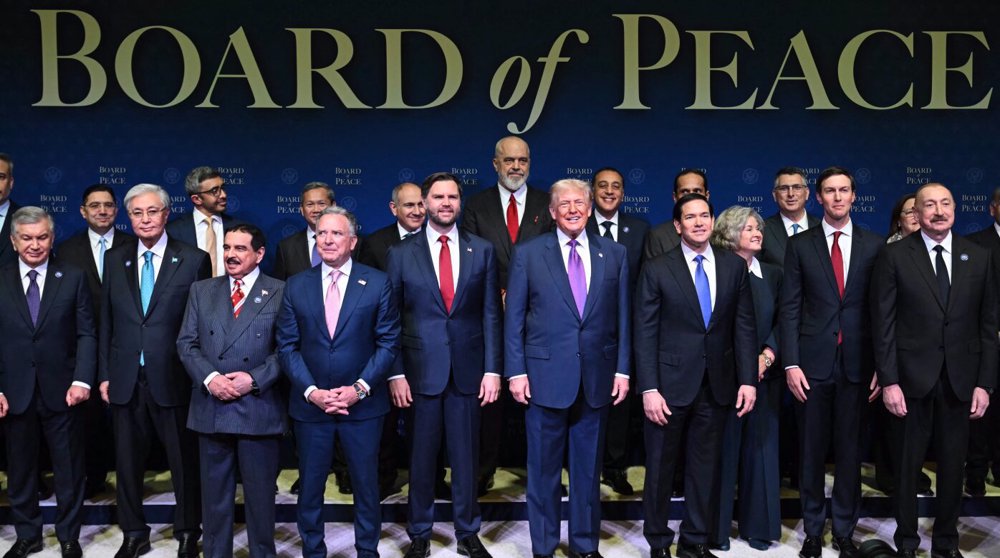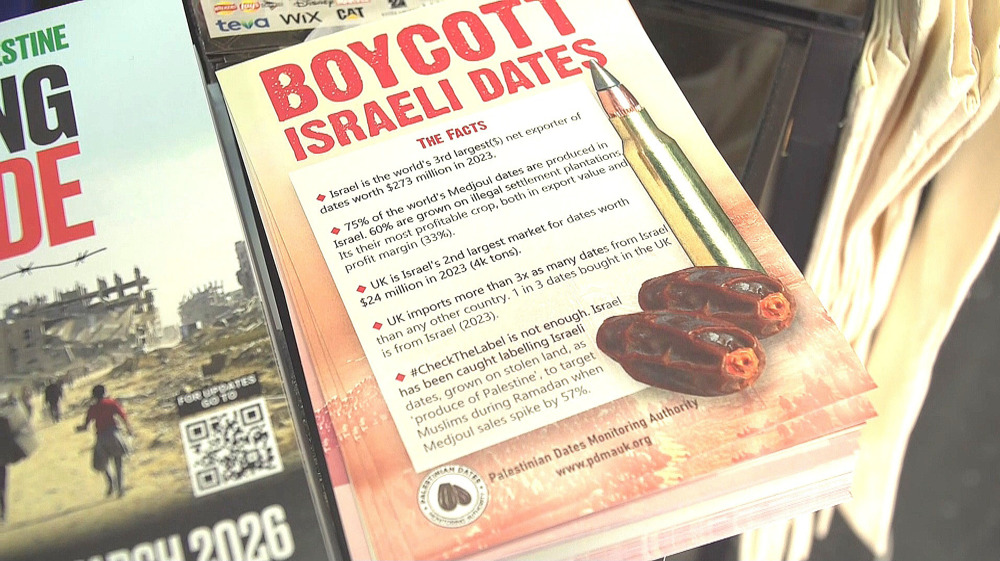Labour full adoption of IHRA affects BDS activism in UK
Robert Inlakesh
Press TV
On December the 4th of 2018, the British Labor Party adopted the full International Holocaust Remembrance Alliance definition of anti-Semitism, a highly controversial move, which has since restricted the ability of its members to level certain criticisms against Israel.
It is now a year later and despite the concessions of Labor, anti-Semitism is still being used to attack the British Labor Party, consequently impacting pro-Palestine voices supportive of the BDS Movement, that’s the Boycott, Divestment and Sanctions campaign used to pressure Israel into abiding by international law and granting Palestinians their human rights.
So what impact has Labor Party’s adoption of the IHRA definition of anti-Semitism had on the BDS movement and pro-Palestine activists in the UK, one year on, and has this restricted their ability to organize and voice their opinions as they once did?
In addition to harming the abilities of pro-Palestine groups to assemble and voice their opinions at Labor Party events, is the targeting of the journalists who write in favor of BDS or publish information that may demonize the Israeli regime.
In 2017, it was revealed that Israel approved a 72 million dollar project to combat the BDS movement, and this is but one of many initiatives taken by the regime against the activists, scholars and journalists involved. Due to Israel’s intense focus on combating BDS and those involved, the seemingly coordinated campaign against Jeremy Corbyn’s alleged anti-Semitism problem, has been tied by some to Israel itself. A charge Israel denies as anti-Semitic.
With the consequences of the Labor Party’s adoption being felt by BDS and pro-Palestinian human rights campaigners, it is clear that many voices critical of Israeli policy are now feeling less confident in the United Kingdom to speak up.
US-allied fuel tanker attacked by Iran still burning in Strait of Hormuz: IRGC
Attacks on hospitals, schools ‘strike at life itself’: Pezeshkian
Iran’s attacks on US bases ‘legitimate’ response to source of aggression: Araghchi
IRGC targets US intelligence centers, military depots in 11th wave of attacks
US-Israeli attacks damage 5 hospitals, medical centers in Iran: MP
Unlike US, Iran prepared for a long war: Security chief
Missile sirens will never stop in Israeli-occupied territories, Iran warns
Leader’s martyrdom will drive Iran to greater dignity and victory: Senior cleric









 This makes it easy to access the Press TV website
This makes it easy to access the Press TV website